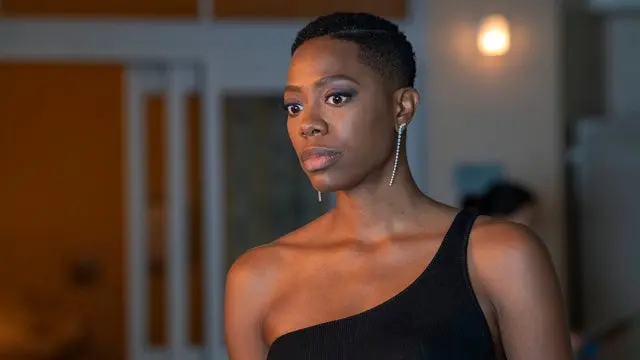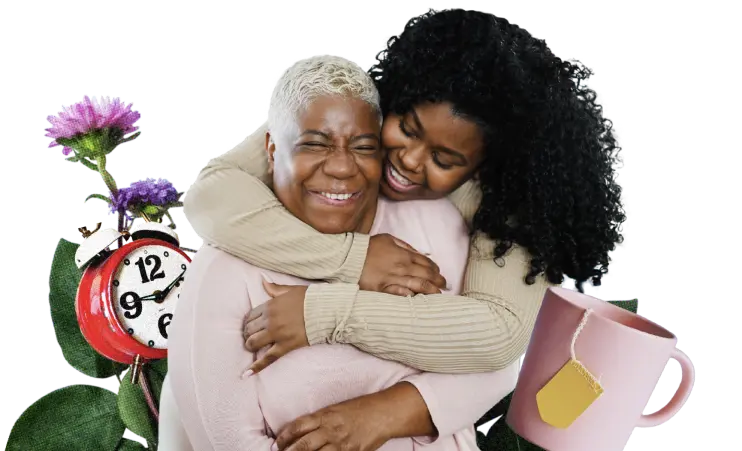
Self-care? What’s that? When left unsupported and overwhelmed with care responsibilities, many parents and caregivers deprioritize their own interests and desires. Yet the nuances of this kind of dynamic are rarely explored on screen.
Story Sparks:
- Fabiola and Bautista are a young married couple. They’d like to start a family but don’t know how they would fit it in between working and caring for her mom and his dad. Plus, the enthusiasm that both parents have to be grandparents is… not helping.
- Kaden is proud to care for their grandmother Tati, but her high support needs can make it challenging for Kaden to fit in time with their friends or to date. Which sucks because Tati’s dating advice is solid.
- Dan picks up a side hustle to help make sure his mom Eva can stay in her home, but it eats into the time he can spend with his daughter Stella. Trying to do father-daughter bonding while driving a ride-share is a real challenge, especially when the passengers request a quiet car.
AVOID THE PITFALL:
For many caregivers, care is an act of love. So beware of “burden framing” – or naming the person as the problem – which can feel false to the person providing care and pretty “othering” to people who need care. Those kinds of stories turn up cliché and turn off audiences. Use these kinds of stories to reveal the root causes of the challenge (read: lack of a supportive system).
A quick note: scenarios described here are generalized from information that Caring Across Generations has collected through focus groups, polling, and other research. They are generalized scenarios and are not any one individual’s story, and they are not meant to be comprehensive of all experiences having to do with care. This resource is intended to illuminate new storytelling opportunities that also contribute to a more authentic and holistic representation of care on screen.
